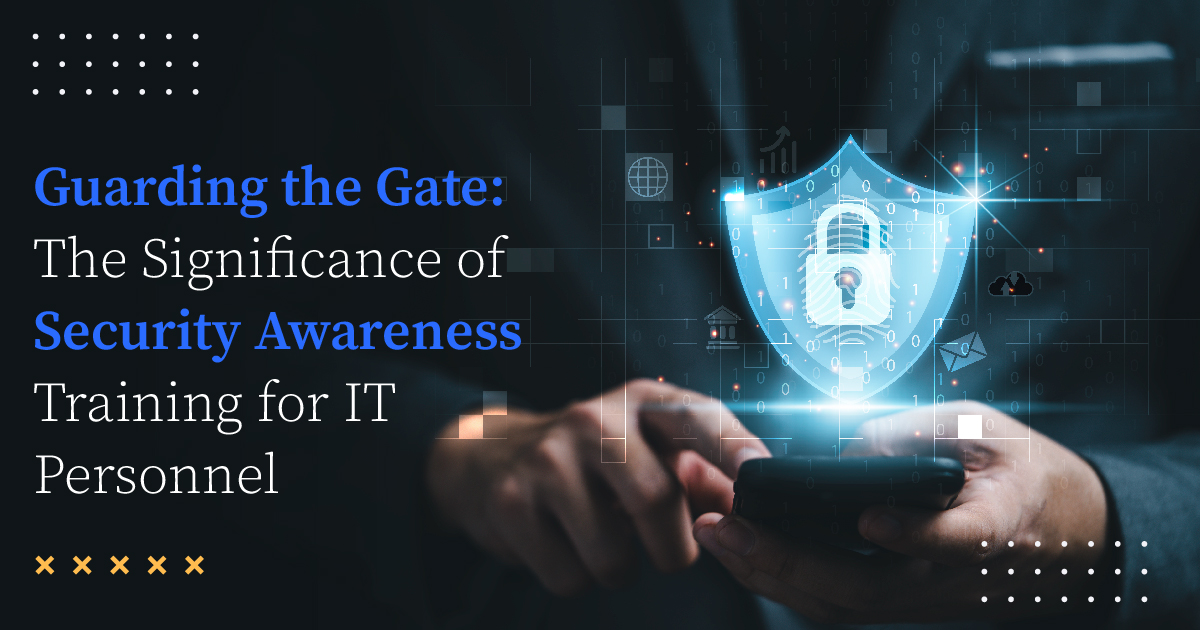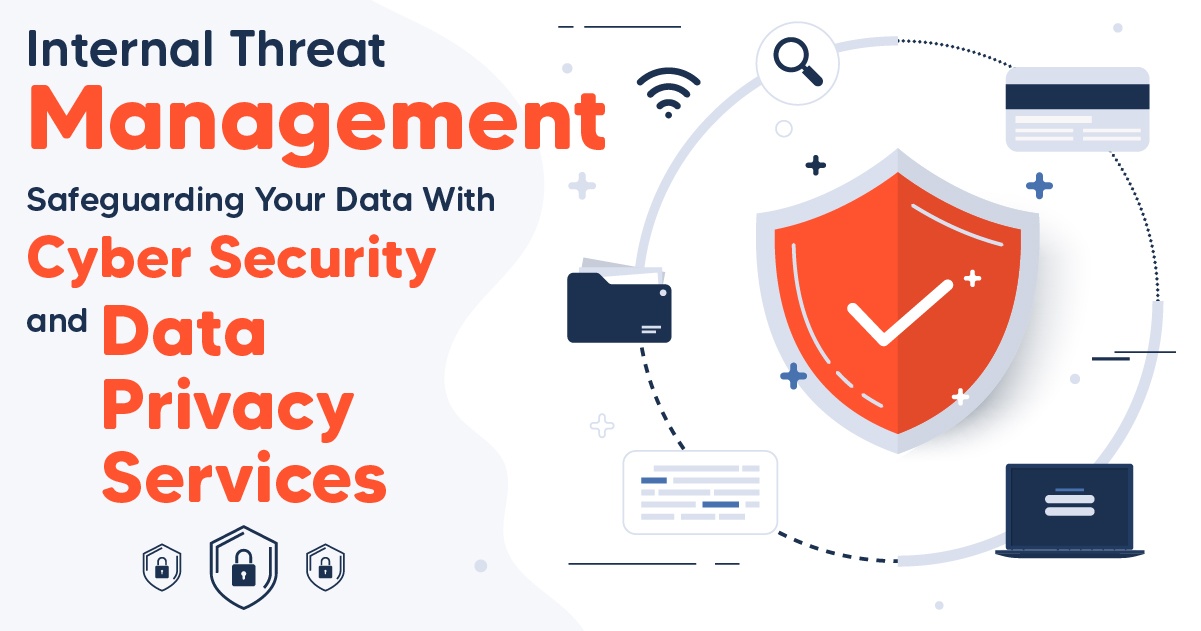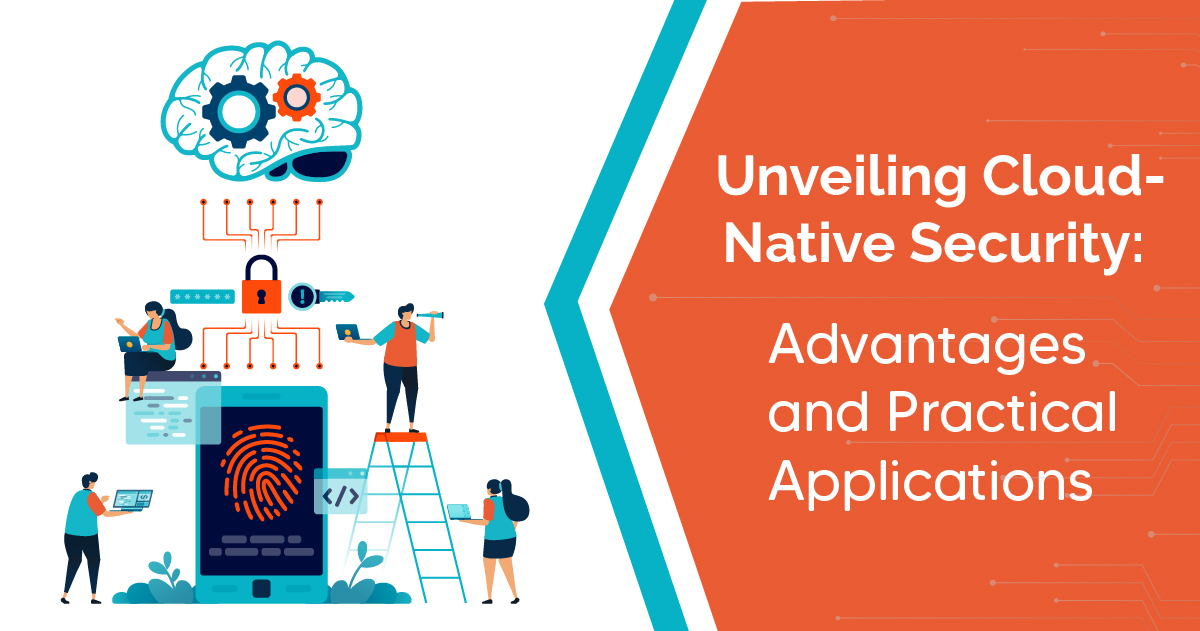Security awareness is a crucial part of contemporary business operations in a period of growing cyber threats. Research shows that human elements are involved in 70% of data breaches in 2023. IT professionals play a significant role in protecting sensitive data and infrastructure as the keepers of digital fortresses. This post examines the critical requirement for thorough Cyber Security and Data Privacy Services specifically designed for IT staff.
It delves into the dynamic danger landscape and emphasizes how crucial it is to anticipate threats. Organizations may strengthen their defenses, reduce risks, and guarantee a robust security posture in an increasingly interconnected world by investing in the skills and knowledge of IT personnel.
Define security awareness training
The aim of security awareness training is to increase people’s knowledge of cybersecurity and to foster a culture of cybersecurity awareness within a firm. Cyber Security and Data Privacy Services give staff members the knowledge and abilities needed to effectively identify, react to, and avoid security threats and dangers, especially those in IT and associated professions.
Typical subjects covered in training include spotting phishing attempts, maintaining good password hygiene, comprehending social engineering techniques, and abiding by security regulations and best practices. Organisations hope to lower the likelihood of security breaches, data leaks, and cyberattacks by raising staff security knowledge. This will strengthen their overall cybersecurity posture and safeguard sensitive data and important assets.
The significance of security awareness training
It is impossible to exaggerate the significance of security awareness training in the data-driven and linked world of today. Organizations of all sizes are increasingly becoming targets for unscrupulous actors as cybersecurity threats change alarmingly quickly. Employees and stakeholders must be informed about the risks and recommended procedures for maintaining a safe digital environment in order to effectively battle these threats. This essay will examine seven convincing arguments for why security awareness training is important in the contemporary environment.
Human Error as the Weakest Link
Human mistake continues to be one of the main causes of security breaches despite the sophisticated cybersecurity technology in place. By clicking on dangerous links, falling for phishing scams, or improperly handling sensitive data, employees have the potential to inadvertently or maliciously damage an organization’s security. Employees who have received security awareness training or big data and analytics services are better equipped to identify and counteract these dangers, greatly lowering the likelihood of occurrences involving human error.
Regulations and Compliance Requirements
Regulations controlling data security and privacy are strict in many industries and organizations. Examples include GDPR, HIPAA, and PCI DSS. Financial penalties and harsh legal repercussions may follow non-compliance. Employee compliance with these rules, knowledge of their obligations, and adherence to the appropriate procedures are all ensured by security awareness training, which also lowers the danger to the company’s reputation and finances.
Security against Phishing Attacks
Cybercriminals continue to use phishing assaults as a common and effective tactic. These attacks frequently use deception and social engineering strategies to persuade victims to divulge private information or download malware. Employees who have received security awareness training are more equipped to recognize phishing scams, recognize warning signs in emails, and authenticate messages, thereby preventing attacks and safeguarding critical information.
Keeping intellectual property secure
Many businesses value their intellectual property, which includes trade secrets, unique software, and research. Intellectual property theft or unauthorized access can have dire repercussions. Employees who receive security awareness training or big data and analytics services learn the value of protecting intellectual property, how to spot insider risks, and how to handle data securely to avoid costly breaches and data leaks.
Creating a Culture of Security Awareness
Fostering a security-aware culture is essential to an organization’s resilience against cyber threats because an organization’s security is only as strong as its weakest link. In addition to providing knowledge, security awareness training promotes a mindset of attention and shared responsibility. Employees become proactive contributors to the organization’s overall security posture when they are aware of the importance of cybersecurity and their responsibility to safeguard it.
Taking Insider Threats Seriously
Megamax Services mentions that organizations are in serious danger from insider threats, whether they are deliberate or unintentional. Employees having access to confidential information may abuse their privileges intentionally or accidentally. Security awareness training enables employees to report suspicious activity right away, promotes a culture of trust and verification, and aids organizations in identifying potential insider threats.
Preparing for Changing Threats
Attackers always develop new plans and tactics, and cyber dangers are no exception. Organizations must continue to offer security awareness training in order to keep ahead of these risks. Employees are kept informed of new dangers and given regular training sessions to help them respond appropriately, enabling organizations to adapt and tackle new problems.
Topics need to be covered in security awareness training
To guarantee that staff members are adequately equipped to protect against cyber threats, security awareness training should include a variety of topics. First and foremost, it should cover phishing awareness, instructing staff members on how to spot phishing efforts, strange emails, and sneaky methods thieves use to get them to divulge private data. Another essential aspect is password security, which emphasizes the value of developing secure, one-of-a-kind passwords and following good password management procedures.
Data handling training should also be provided to teach staff members how to handle and safeguard sensitive data in a secure manner. Understanding data classification, encryption, and the need for compliance requirements is necessary for this. Malware and ransomware awareness training, which instructs staff members on prevalent malware types, the dangers they bring, and how to prevent being a target of such assaults, is another important topic. Beyond these, device security should be addressed. This includes safe internet practices for browsing the web and recommended practices for protecting PCs and mobile devices.
Conclusion
Training in security awareness is a crucial part of contemporary cybersecurity initiatives. It preserves sensitive information, guarantees regulatory compliance, and promotes a culture of security awareness while empowering people to identify and mitigate threats. The protection of an organization’s digital assets and reputation in a time when cyber threats are continually changing makes investment in employee education and training essential. Connect with Megamax Services to get the right Hybrid Cloud Infrastructure with NextGen Data Centre Services.




